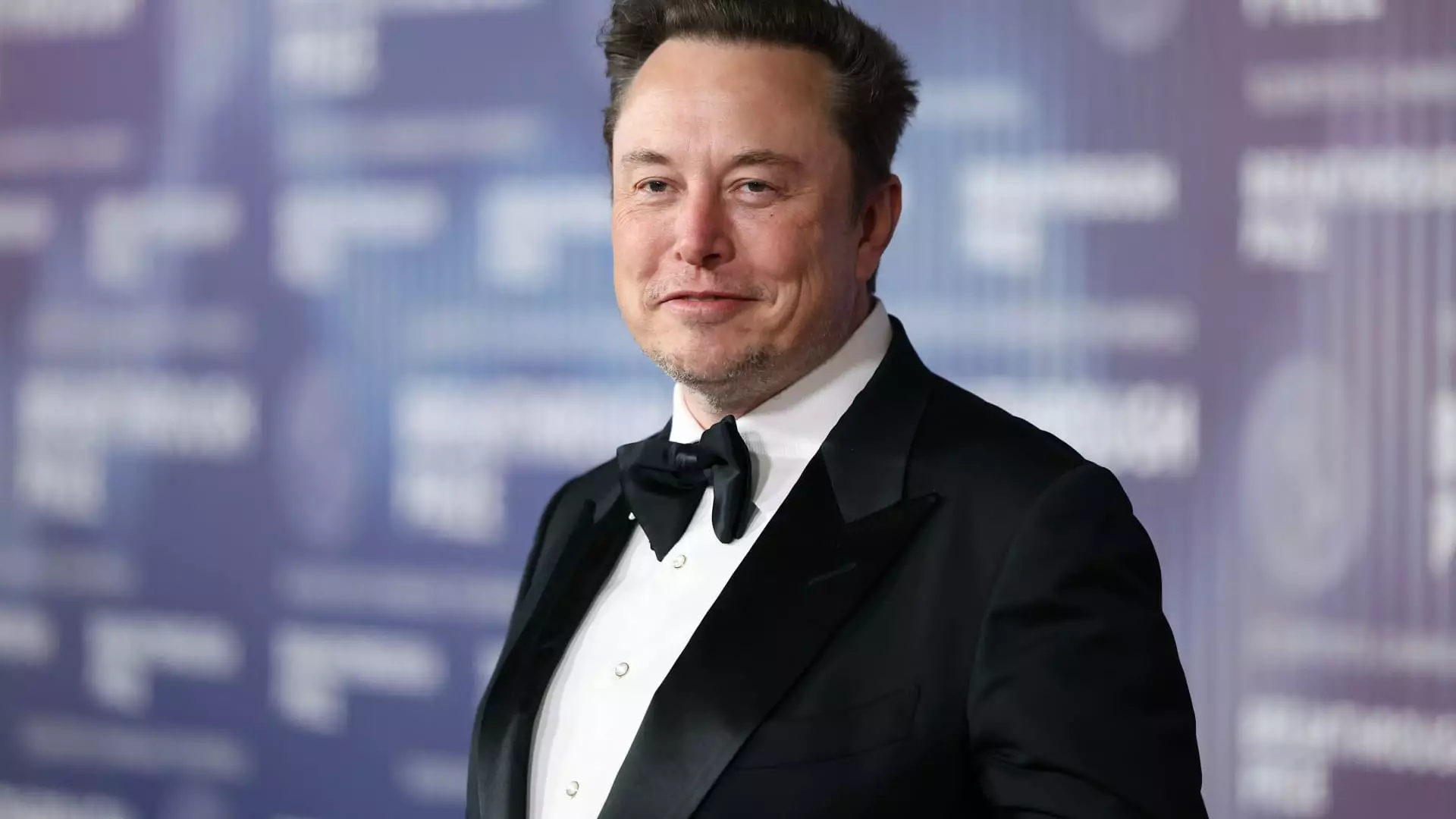In a keenly watched political commentary on social media platform X, entrepreneur and tech magnate Elon Musk announced his endorsement for the role of Treasury Secretary. He singled out Howard Lutnick, a figure steeped in financial leadership as the CEO and chairman of Cantor Fitzgerald, as someone who has the potential to “actually enact change.” This announcement arrives at a crucial juncture in the Trump transition period, as President-elect Donald Trump has not yet made a definitive choice for this significant cabinet position.
Musk’s support for Lutnick is significant due to the latter’s long-time association with Trump and his present role as co-chair of the Trump-Vance transition team. Additionally, Musk suggested that Scott Bessent, another prominent contender for the Treasury role and CEO of Key Square Group, represented a more conventional choice. Musk characterized Bessent as part of the “business-as-usual” mentality that has plagued American economy-making decisions, directly linking it to the ongoing financial struggles faced by the nation. He expressed a desire for a transformative approach, hinting that adherence to traditional methods may exacerbate economic challenges.
Musk’s insistence on systemic change in the treasury reflects a broader discontent with existing economic paradigms. By drawing attention to the stark contrast between Lutnick and Bessent, he highlights a trend where conventional choices fail to inspire confidence among the entrepreneurial and dynamic sectors of American society. His call for innovative solutions rather than conventional wisdom is emblematic of his persona; Musk, after all, has built his career on disruption—from revolutionizing electric vehicles to advancing space exploration.
His post on X implores other influencers to contribute their opinions to Trump, emphasizing the need for a democratic discourse around such critical positions. The lack of public engagement in discussions surrounding key appointments could lead to the selection of candidates who may not necessarily align with the nation’s pressing economic needs. Musk’s technical background and entrepreneurial mindset invigorate the conversation about cabinet choices by pushing for insight rather than established political connections.
The transition between administrations rivals the intricacies of corporate mergers, with no official announcement yet from the Trump team regarding the Treasury seat. Spokesperson Karoline Leavitt conveyed the President-elect’s cautious approach to decision-making, underscoring that selections will be revealed once finalized. This statement suggests a meticulous evaluation of candidate qualifications, as both Lutnick and Bessent have extensive relationships with Trump, positioning them as frontrunners.
Furthermore, Senator Lindsey Graham’s endorsement of Bessent serves to cement his place as a serious contender. However, the potential conflict between established ties and the pursuit of innovative strategies will be a significant factor influencing Trump’s final decision. The debate now lies at the intersection of loyalty and the urgent need for economic revitalization, which Musk argues should take precedence in an era marked by fiscal turbulence.
Musk’s vocal spotlight on these potential nominees illustrates the growing intersection of business leadership and political policy-making. As individuals with robust backgrounds in finance and advisory roles are considered for critical government positions, the implications of their governance philosophies could have lasting effects on the American economy. Whether Musk’s push for Lutnick will sway Trump or whether Bessent’s familiarity will ultimately win out remains a pivotal question as the nation watches closely for further developments. The unfolding narrative presents the opportunity to redefine older ways of thinking and to consider fresh approaches in addressing the complexities of today’s financial landscape.

